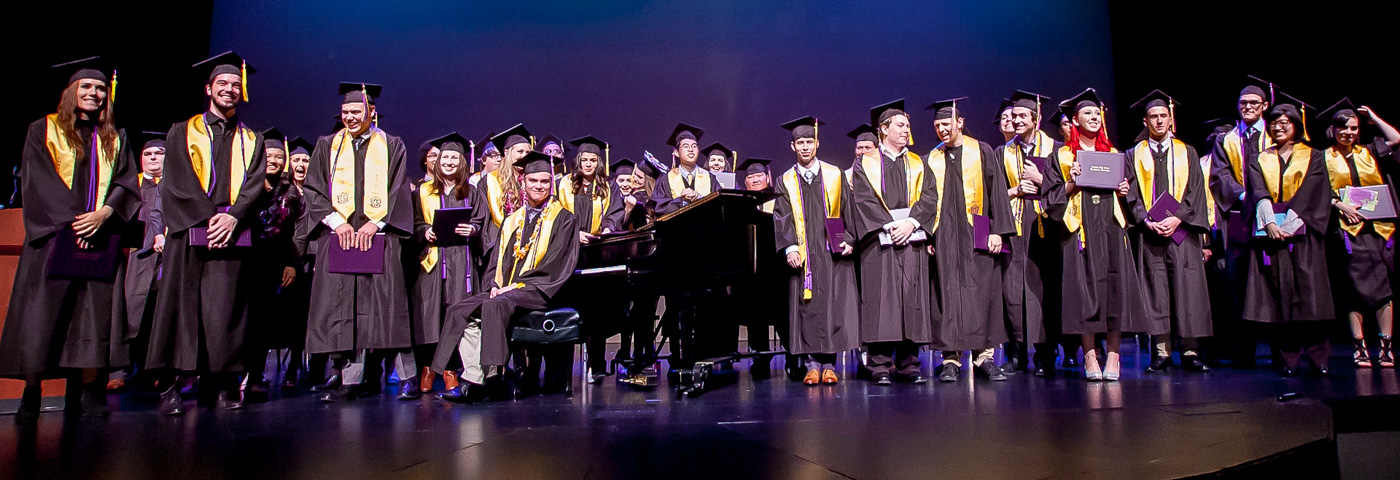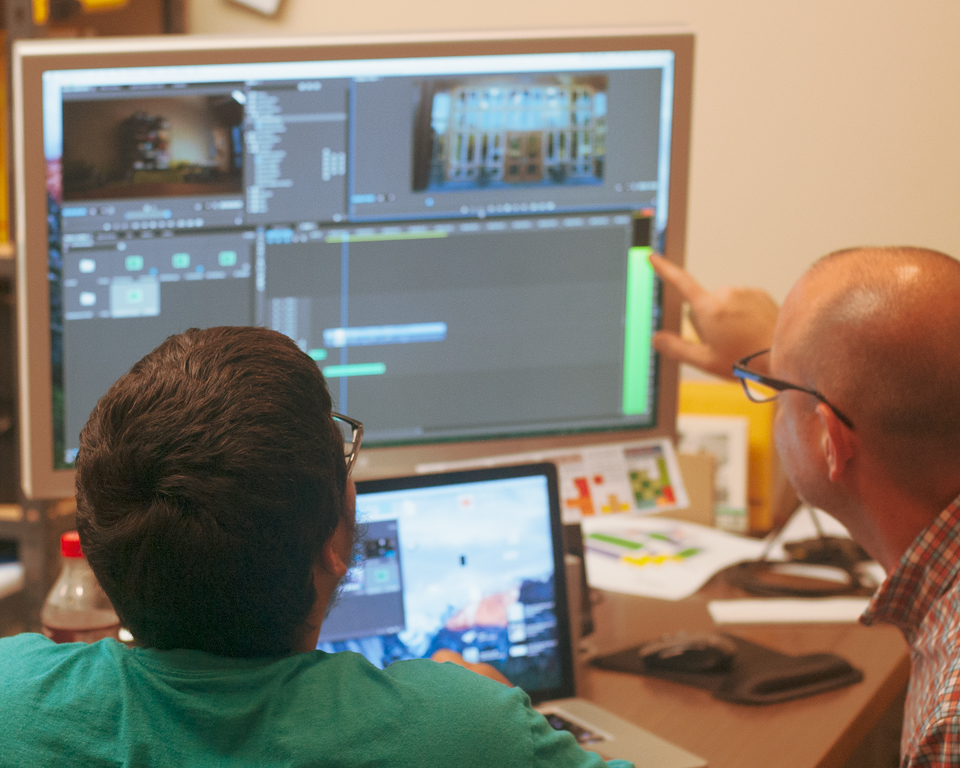
Our high school students align their studies with their post-high school goals and become deeply involved in their education. Students form meaningful learning and mentoring partnerships with their teachers and balance graduation requirements with their passions. Over the years, they gain knowledge of their learning style and practice self-advocacy. Our students graduate feeling empowered and valuing their education, well on their way to becoming lifelong learners.

Academic Success
Every student’s school program is unique at Chrysalis. Our placement team carefully selects teachers, classes, and experiences for each student based on their interests, abilities, and needs. Our goal is to create an Optimal Learning Environment™ for every subject, to ensure a positive, successful learning environment. We allow every student to work at their “just right” level of challenge, which minimizes stress and optimizes learning.
We follow Washington state standards for graduation and college entrance. That said, we maintain our commitment to personalized learning, offering great choice in how students meet those requirements. They can choose the emphasis of their course of study, from a broader education to an arts, STEM, or world language focus. We know that students are more engaged, invested, and make greater progress when their school day reflects their interests and curiosity.
School is a place to uncover and build a student’s strengths by putting opportunities for growth in their path. In their senior year, students take a careers and portfolio course where they explore their preferences and strengths, identify interesting career paths, receive support to apply to college, and prepare for their senior portfolio–the final step in their education.
All of our students have 1-1 appointments in their schedule with their teachers, who tailor the class and focus on their learning needs specifically. Our teachers have access to a variety of curricula across grade levels and beyond, so students can learn any skill to prepare them for their post-high school goals.
1-1 appointments allow more time to learn a concept or skip over concepts students already know. Teachers can use topics and materials that pique a student’s interest to boost engagement. They are able to answer student questions on the spot, in private, and continually assess and adapt to the student’s progress in a natural and accurate way. In the 1-1 environment, the teacher confidently knows what their student has mastered through observation and discussion. Students who are less interested in a subject or are easily distracted will learn best in a 1-1 environment.
We also offer small group experiences throughout the school day. Our small group classes are composed of 12 students or less and classes are formed with students’ personalities, social maturity, and academic ability in mind. These teacher-directed groups engage in more traditional group learning activities, while continuing to focus on engagement and rich discussions.
Community
At this age, students demonstrate much more independence in their social and academic lives. Between classes, they have access to our Activity Room, where teachers whose expertise is in social-emotional development oversee student activities and interactions. Students have a lot of choice in this classroom–from socializing with friends, to shooting hoops or playing ping pong, to finishing up assignments or planning for student events. The Activity Room is the social center of our school, where students can navigate and negotiate friendships and community in a safe space, and learn conflict resolution and leadership skills.
When students need a less active environment, they can access our quiet space upstairs. These unstructured times throughout the day encourage development of executive functioning (including problem-solving, decision-making, and goal-setting abilities), social and emotional maturity, self-direction, and sense of control. It’s important for students to have choices about the activities they engage in during the day. Time to let down and process information prepares them for what’s next in their day.
Events and activities are determined and led by students through our Associated Student Body (ASB) club and our chapter of the National Honor Society. We typically have dances, field trips, pancake breakfasts, ski trips, movie nights, spirit weeks, prom, and much more throughout the year.
While most of our students graduate and pursue collegiate studies, our ultimate goal is still for every child to experience success in their schooling and develop a love of learning.
Developmental Considerations
We know that students at this age are preparing to go out into the world and thinking about college or living on their own. They continue to receive deep mentorship through their consulting teacher, who teaches one of their subject areas and leads their teaching team. They provide guidance, advice, and life lessons along the way, with the future in mind. They encourage risk taking in learning and help students align their studies and skill development with their post-high school goals.
High School Schedule
Beginning in the 9th grade, students earn credit towards graduation and begin preparing for the college experience. Students have an individualized schedule with a combination of 1-1 appointments, small group classes, activities and study time. This means their schedules vary. We can work around participation in outside sports, work or volunteer experiences, or other activities in the community, and credit can be administered for these experiences. Courses are chosen with their goals in mind and students can work from a basic level in a course to an advanced or honors level. Students are welcome to invent or direct their own courses too!
Graduation Requirements
Course Catalog
Sample Schedule